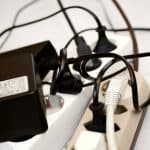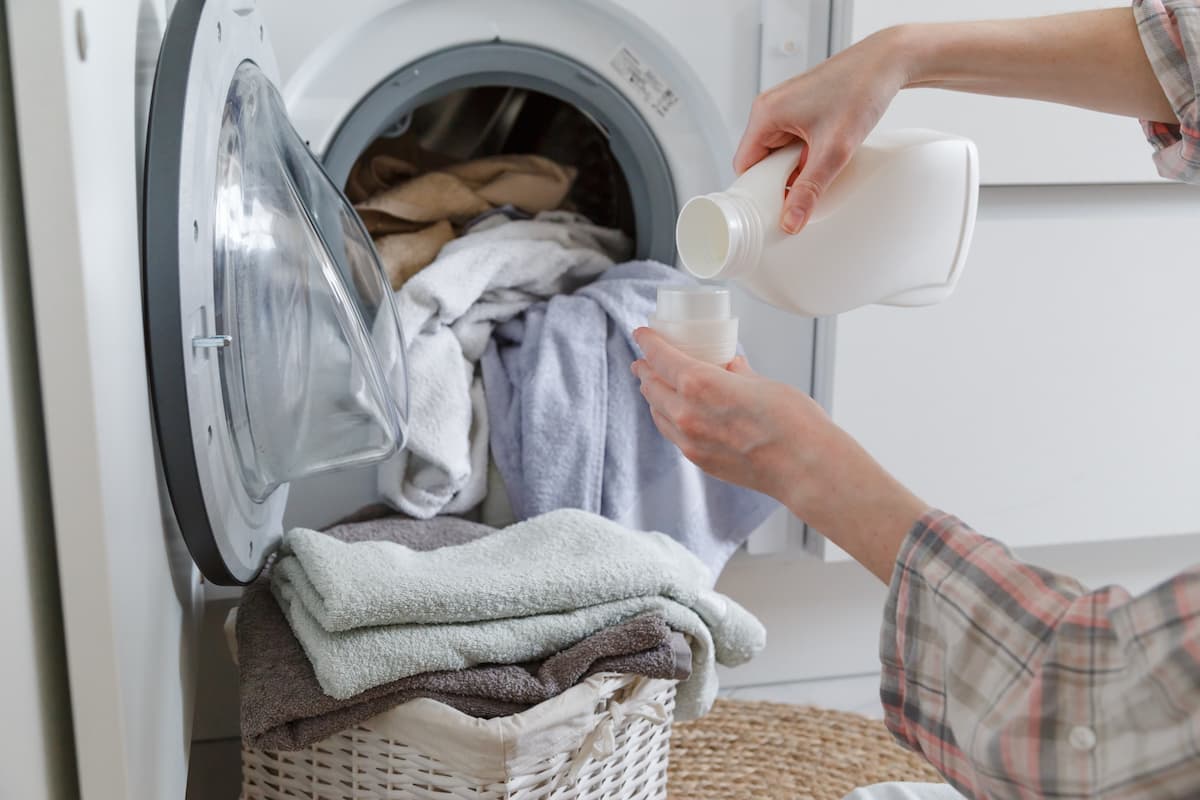The looming energy crisis is enough to work up a sweat. Unfortunately, the falling temperatures aren’t out to make things better. With the winter in the doorway, you need to pay attention to the most crucial home appliance that will see you through winter – the boiler.
When I hear ‘should a boiler be running continuously,’ I sense a query aimed at reducing heating bills via efficiency.
Heating costs can burn a hole in a pocket when appliances are used all day, especially in large areas that need heating. The boiler looks pretty hangdog in that regard.
According to the Energy Saving Trust, home heating and hot water is more than half your energy bill in the UK.
85% of the country uses boilers for heating. Whether you live in a detached house or a mid-floor flat, learning how to use a boiler efficiently can save you some dough.
At the heart of this conversation is the unending debate on whether to keep a boiler on at all times or to use it intermittently.
It is a “hotly” debated topic..
Frankly, it is also a subjective question with no definitive answer. There are pros and cons either way. The best approach is one that suits your equipment and preference. Let’s review some facts:
- A boiler consumes more energy to keep the temperature level if you leave the heating on.
- A boiler also works harder to heat your home from cold if set to a heating schedule.
That sounds like a Catch 22 situation.
Does it mean it’s a lose-lose situation either way? Well, not quite. That’s where the nuance of insulation comes into the picture. In this post, I’ll flesh out both scenarios to help you decide what works best for your context.

Should a boiler run continuously?
A boiler should run continuously if your home is well insulated.
In such cases, it is more energy efficient to allow the thermostat and boiler to maintain a set temperature.
There is relatively low heat loss, which is beneficial. Conversely, any home that is not energy efficient (well insulated) will benefit from using heating only when it is required.
For Well-Insulated Homes:
Let the boiler run continually at a set temperature if your home is energy efficient and well insulated. Internal insulation will play a big role in maximizing the efficiency of a boiler running continuously.
You can use the thermostat to set the temperature lower and let it run all day.
That said, you will still encounter heat depletion at some level. If you have a combi boiler, you can put the hot-water system on standby when you know you won’t need it i.e., while you are at work or away for the weekend.
This can further reduce heating costs.
For old or poorly insulated homes:
Simply put, it is more expensive to leave a boiler on all the time if the insulation is not up to the mark.
It will be incredibly hard for a boiler to maintain a set temperature because the heat generated will be lost through the walls. A heating schedule will be ideal in this case.
For instance, if you are out or at work during the day, let the heating come up at a scheduled time in the late afternoon so it is warm until you hit the sack.
The same applies to bedtime. That way it’s nice and cozy when you are up and about in the morning.
How often should a boiler come on
A boiler cycle – how often a boiler will come on – ranges between 5 to 8 cycles an hour. There is a wide range of possibilities and the answer varies based on the type of boiler and functions of the heating system.
Either way, it will have to come on more frequently if your home has poor or average insulation.
Anything over 8 to 10 cycles is excessive and may be indicative of a problem with the boiler.
The boiler should not come on and off too frequently because it makes the system work harder. In HVAC terminology, this is known as ‘short cycling.’
There are a handful of reasons why this may happen. It’s best to request the services of a trained technician to identify the cause of why the boiler is cycling too much.
If you have a combi-boiler, you may have noticed it comes on and turns off every now and then. This is due to the “pre-heat” feature of the combi-boiler. It pre-emptively comes on to heat the water so you have warm water when you need it.
What is boiler cycling?
Cycling is the ability of an on-off boiler to go from off to on and vice versa.
The cycling is based on a user-defined setpoint. In simple words, the boiler comes on when the steam pressure or water temperature falls below the setpoint and cycles off when the setpoint is reached.
This is considered to be highly energy-efficient, and thereby cost-effective.
Should you turn off a boiler (that runs continuously)
You can turn off a boiler entirely to reduce heating costs and bills.
It is advised that you ensure proper insulation to prevent heat depletion. Smart heating technologies and multi-zone controls can help you achieve this. Combi-boilers can also be a viable solution.
On the other hand, letting your boiler run continuously may be the only option if you have an outdated boiler with 50% to 70% capacity or a poorly insulated home.
Older homes generally fall in this category. Such houses get really cold as soon as you turn down or switch off the heating.
How old is your boiler?
All modern boilers are condensing boilers.
They need A-rated efficiency (90+%) to come to market. Older (non-condensing) boilers are expensive to run because they have relatively low efficiency.
A 10 to 15-year-old boiler ranges between 80-85% efficiency. Boilers that are 20 years or older can have 70% or lower efficiency.
The aforementioned issues (insulation and depletion) need to be tackled before you turn off a boiler to reduce heating bills. If you need a replacement, look for a boiler with 90% or more efficiency.
In addition, consider getting a gas boiler or investing in smart home technologies and/or alternate forms of heating. They may not seem cheap, but they offer excellent return-on-investment in the long term.
- Keep in mind that frost, frozen pipes, or seizing up of pumps are some of the common concerns with switching off the boiler for a prolonged period in extremely cold weather.
It is best to speak to a technician before you turn off your boiler to prevent issues when you need to turn it back on.
Is it safe if my boiler runs all-day
Yes, it is safe if your boiler runs all day or continuously if you need constant heating.
It is not dangerous but don’t do it because of the ‘myth’ that it is better. As discussed earlier, you can run a boiler continuously if your home is energy efficient (little-to-no heat loss). However, the boiler isn’t doing anything when you are asleep or away from home.
- If you are traveling, use a timer that allows the boiler to come on for an hour or two every day to prevent frost or frozen pipes.
Always check the manufacturer’s instructions regarding the boiler and heating system functions. When in doubt, consult a technician to avoid mishaps.
You may also want to bleed your radiators if they are not getting hot enough.
Here’s a YouTube video that shows how to do it.
What’s the ideal temperature to set a boiler at?
A boiler set at the wrong temperature won’t operate at maximum efficiency. The ideal temperature for a gas-powered boiler is 180°F to 190°F (approx. 82°C to 87°C) during winter. 180°F is generally sufficient for cold temperatures but you can dial it up when you need extra heat.
The upper limit is considered to be 210°F. Be mindful of that as going over that limit can cause serious damage to your boiler.
In a nutshell, set a boiler between 180°F to 190°F and never above 210°F.
Boilers used in homes today don’t boil the water anymore. That happened back in the day, which is why they are called boilers. Don’t go anywhere close to boiling temperature as that is a one-way ticket to wear and tear (and repairs).
Today, we want heat but not steam. A boiler only applies enough energy to generate heat but don’t drive it to the boiling point. Be wary of overheating as it is the leading cause of leaking.
High water temperature increases pressure and causes breaks in the valves and connectors.
In Conclusion:
A boiler running continuously is just a subset of the larger picture.
To keep costs low, you should ensure that it runs with maximum efficiency. A boiler with 90+% efficiency, a thoughtful heating schedule, and insulation can help you achieve that.
Bleed your radiators, get routine servicing, and you should find the boiler ticking along just fine.





